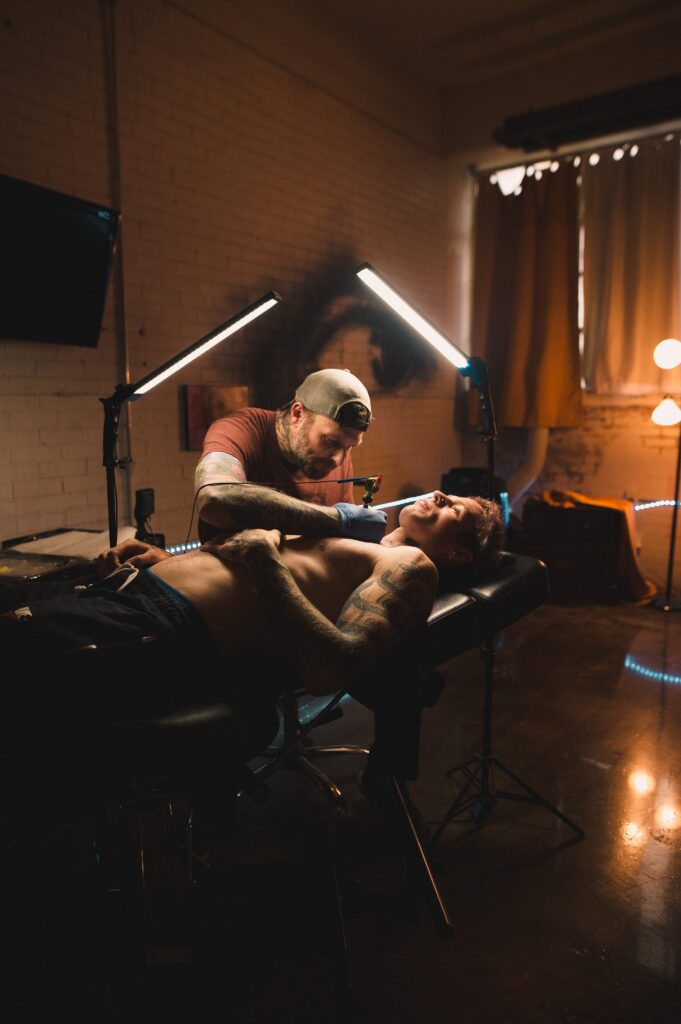Tattoos have become a popular form of self-expression in recent years, with more people getting inked than ever before. However, there are still many professions and workplaces that maintain strict tattoo policies. In this blog post, we’ll explore some of the jobs that have strict tattoo policies and why these policies exist.
The Purpose of Strict Tattoo Policies
Before diving into specific professions, it’s essential to understand the rationale behind strict tattoo policies. These policies are typically in place to maintain professionalism, safety, and a particular image for the company or industry. Here are some common reasons why strict tattoo policies exist:
- Professionalism: Many jobs require employees to maintain a certain level of professionalism, whether they interact with clients, patients, or the public. Tattoos, especially visible or controversial ones, may be perceived as unprofessional by some.
- Safety and Hygiene: In certain industries, such as healthcare or food service, tattoos may pose safety and hygiene concerns. For example, tattoos can interfere with the visibility of skin conditions, make it challenging to maintain proper hygiene, or create potential contamination risks.
- Corporate Image: Some companies have specific brand images they want to uphold, and visible tattoos may not align with that image. Strict tattoo policies help companies project a consistent image to the public.
Jobs with Strict Tattoo Policies
- Military: The military, including the Army, Navy, Air Force, and Marines, has historically maintained strict tattoo policies. While these policies have evolved over the years, visible tattoos are generally discouraged or prohibited, especially those that are offensive or extremist in nature.
- Police and Law Enforcement: Police officers and other law enforcement professionals often have strict tattoo policies. Tattoos that are visible while in uniform may be prohibited, as they can affect the officer’s professional appearance.
- Healthcare Professionals: In healthcare, visible tattoos may be discouraged due to concerns about hygiene and patient comfort. Many hospitals and healthcare facilities have policies that require employees to cover tattoos while on duty.
- Food Service Industry: Restaurants, cafes, and other food service establishments often have strict tattoo policies to maintain food safety and hygiene standards. Visible tattoos may be prohibited for employees handling food.
- Airlines and Flight Attendants: Airlines, especially those with a strong corporate image, may have strict tattoo policies for flight attendants and other customer-facing roles. These policies are in place to maintain a professional appearance and consistent brand image.
- Corporate Offices: Some corporate offices have strict dress codes that extend to visible tattoos. While this policy can vary widely among companies, those with a more conservative image may require employees to cover visible tattoos.
Adherence to Policies and Exceptions
While these professions may have strict tattoo policies, there are often exceptions and ways for individuals to adhere to the policies while expressing themselves. Here are some considerations:
- Tattoo Removal: Tattoo removal, particularly with laser technology, is an option for individuals in professions with strict tattoo policies. It can be costly and time-consuming, but it allows individuals to comply with workplace guidelines.
- Covering Tattoos: Many employees in these professions use clothing, bandages, or specialized tattoo covers to conceal their tattoos while on duty.
- Seeking Clarification: If you’re considering a profession with a strict tattoo policy, it’s a good idea to seek clarification from the employer or industry association regarding specific guidelines and any potential exceptions.
- Changing Career Paths: Some individuals choose to explore alternative career paths that align better with their personal values and appearance preferences if they feel restricted by tattoo policies.
Conclusion
Jobs with strict tattoo policies exist primarily to maintain professionalism, safety, and a particular image for the company or industry. While these policies can limit individual expression, they also serve important purposes within their respective fields. As attitudes toward tattoos continue to evolve, it’s possible that some industries may revisit and adjust their tattoo policies in the future

